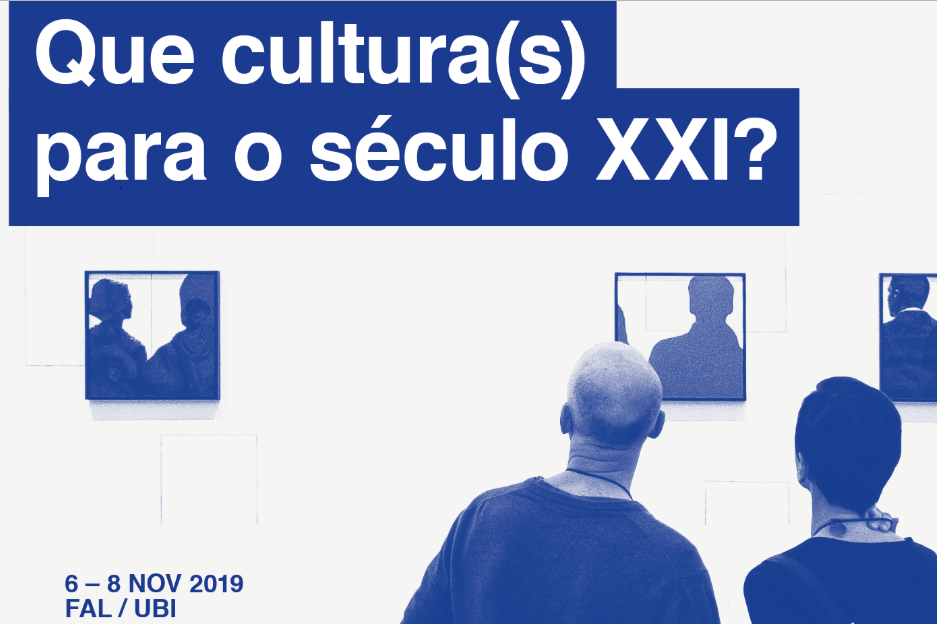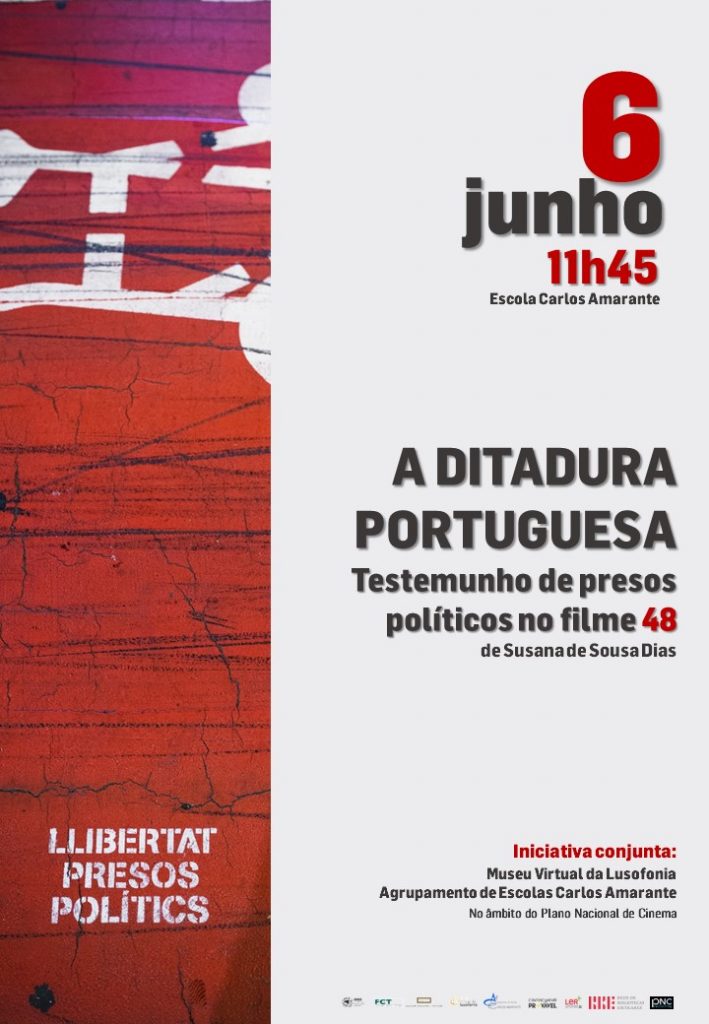The call for papers for V International Congress on Cultures – What culture (s) for the 21st century? was extended until June 30.

The Congress will be held from 6 to 8 November 2019, at the University of Beira Interior, in Covilhã – Portugal, and has the partnership of the project Cultures Past & Present – Memories, cultures and identities: how the past weights on the presente-day intercultural relations in Mozambique and Portugal?
Proposals for communication which fall within the scope of the following thematic working groups will be welcomed:
- Communicate Culture
- European Capitals of Culture Project (CEC)
- Culture and artistic expressions
- Culture, fashion, and lifestyles
- Modalities of consumption in contemporary culture
- Culture, environment, and development
- Culture and lusophony
- Culture, gender, and sexuality
- Culture savings and creative economies
- Culture, democracy, and citizenship
- Cultures, networks, and digitalities
- Policies and Management of culture and communication
- University, Knowledge, and Culture
Communication proposals may be submitted in Portuguese, English or French.
More information available on the congress website.


